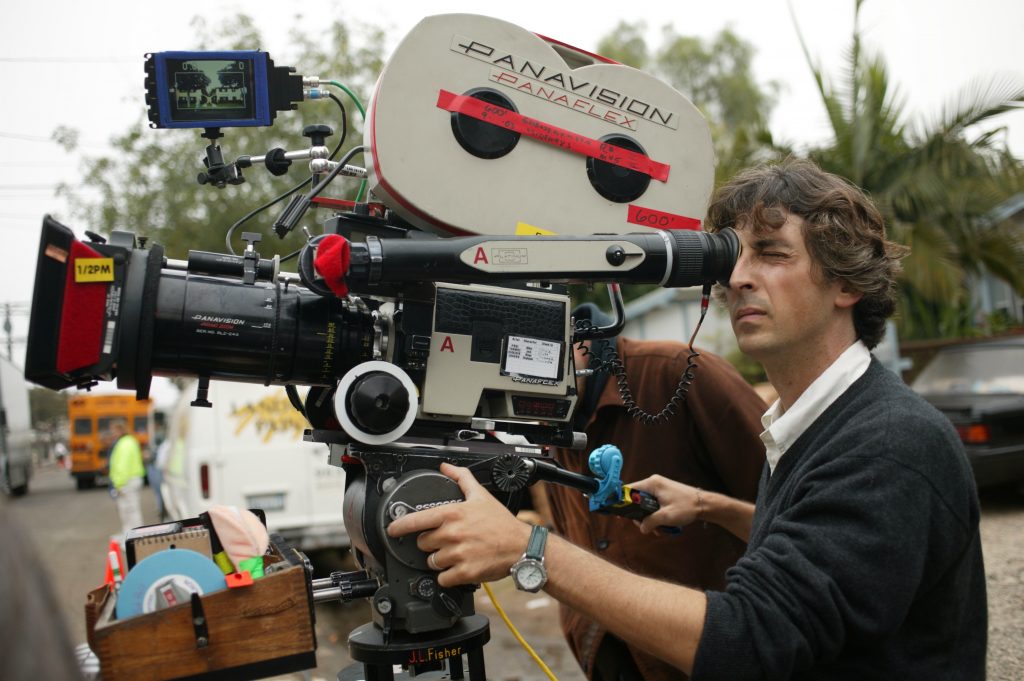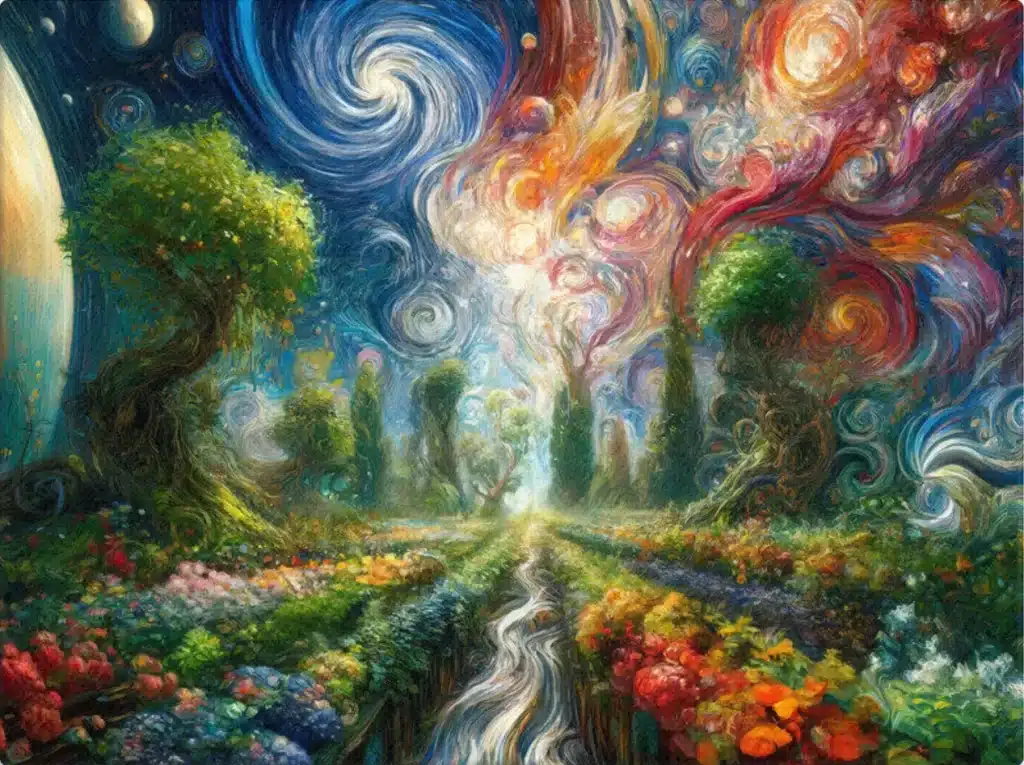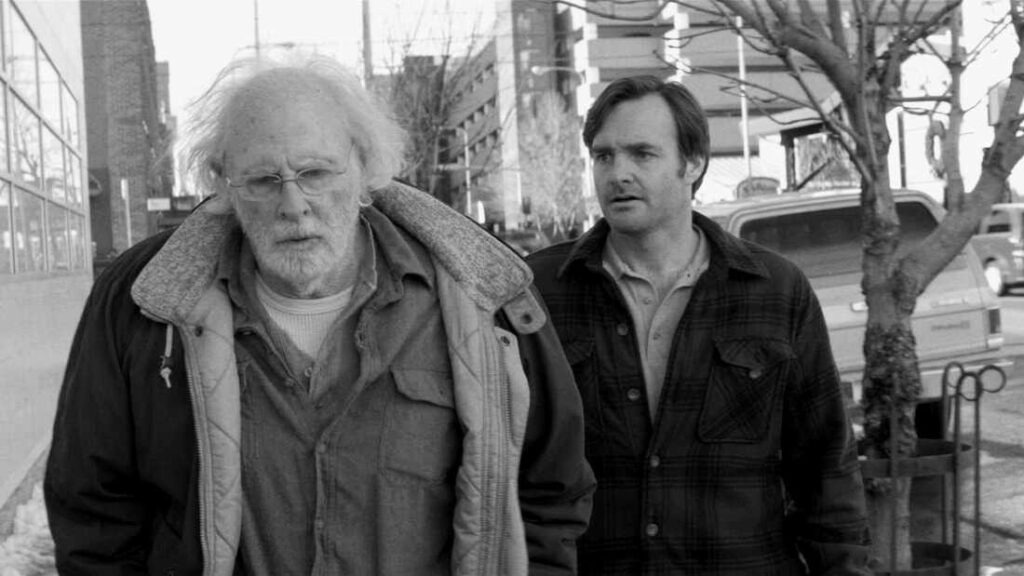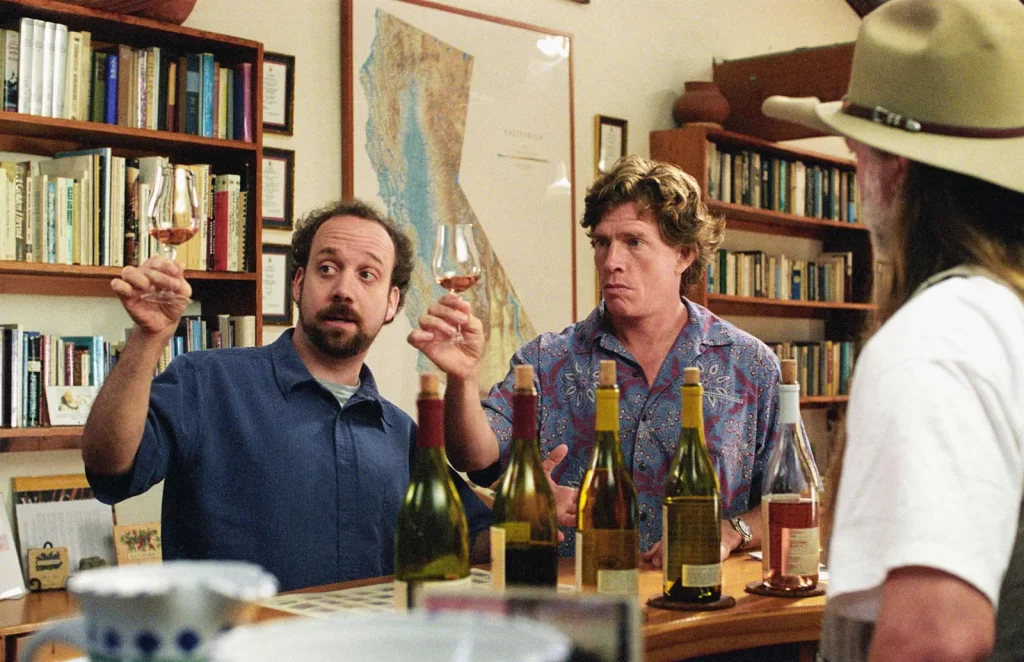Alexander Payne on his favourite movies, screenwriting, film school experience, directing actors, and writing interesting characters.

A brief overview of Alexander Payne before delving into his own words:
| Who (Identity) | Alexander Payne is an American film director, screenwriter, and producer. He is known for his sharp satirical comedy and deep humanism in exploring the lives of ordinary people. |
| What (Contributions) | Payne is acclaimed for directing and writing films that offer a blend of humor and poignant drama, including “Election,” “Sideways,” “The Descendants,” and “Nebraska.” His work is recognized for its keen observation of human nature and society. |
| When (Period of Influence) | Payne’s influence in the film industry has been prominent since the mid-1990s and continues to the present. His films, often characterized by their wit and emotional depth, have garnered critical acclaim and have influenced the genre of dramedy. |
| Where (Geographic Focus) | Though born in Omaha, Nebraska, USA, Payne’s films often focus on American settings, delving into the subtleties of American culture and the complexities of personal relationships within it. His storytelling, while locally grounded, touches on universally relatable themes. |
| Why (Artistic Philosophy) | Alexander Payne’s artistic philosophy is rooted in creating cinema that reflects the nuances of real life, blending humor with tragedy. He focuses on character-driven narratives, exploring the imperfections and moral complexities of his characters to evoke empathy and reflection. |
| How (Technique and Style) | Payne’s technique and style include a realistic portrayal of characters and situations, often employing a satirical edge. He is known for his meticulous attention to casting and performance, capturing subtle human emotions and interactions. His narrative style often involves a journey, both literal and metaphorical, leading to self-discovery for his characters. |
This post is a collection of selected quotes and excerpts from secondary sources used for educational purposes, with citations found at the end of the article.
Advice To Aspiring Filmmakers
If you want to host a show, do one on YouTube. If you want to make a movie, spend $3,000 and buy a great camera and Avid or Final Cut (video editing tools). The means of production are so accessible now and even like distribution with YouTube, one has no excuse not to be doing it. The key is not to look forever for permission from others to do it, but merely to do it yourself at whatever level you currently find yourself. 1
A guy who worked as an extra on one of my movies came up to me after the wrap party and said, “I wanna be a filmmaker too. What should I do? I’m stuck in TV.” I just said, “Don’t tell me your medical problems, pal. No excuses. Make a film. And you have to be free to make a bad one.” I said, “Look at this motherfucker who made a film for $23,000 in his 7-11… Just carve it out! If you don’t have the wherewithal to make a feature, make a short. If it sucks? Great! Who cares? You made a film. Just do it. On weekends, with short ends, with 16mm reversal film, on Super 8, Hi 8.”
Hoop Dreams was shot on Hi 8 (video camcorder). There are no excuses any more. You have to have the freedom not to fear failure, but welcome it. More often than not you don’t fail. 2
When you work in professional filmmaking, the financiers and producers often try to change your mind so that you choose what they think is the most commercial option. They think they’re saving the film and saving you, but by sticking to your guns, it’s often you who are saving them from their own worst instincts. 3
Funny Comedies Are Often Based In Pain
Humor comes from the most painful situations you can think of. If comedy is not based in pain, then it’s not really funny. Who laughs harder than people at a wake? You know at the meal you start laughing about things you remember and you hurt so much, but you laugh so hard and it’s great. 2

Favourite Films
As a kid, I saw The Sound of Music probably six times in a month. Then I discovered Chaplin and Modern Times. I’d never laughed as hard in my life as the forced eating scene in Modern Times. The three films that, in hindsight, most made me want to be a filmmaker were Modern Times, Viridiana, and Seven Samurai. I’d already seen some Kurosawa, but when I was a junior in college, the restored Seven Samurai played at the Castro in San Francisco. I just couldn’t believe that you could re-create the past that vividly. That’s probably the movie I’ve seen more times than anything else — 50, 60, 70 times. Viridiana I saw as a university student in Spain just at the time when movies banned under Franco were finally trickling out. I didn’t know a movie could be that ferocious.
That’s where I also saw La Dolce Vita for the first time, in Spain, on its first release in 1981. And then, of course, City Lights, which has that sublime ending. Later, 8 ½, just the brilliance. For me, that’s the Italian Citizen Kane. And then more recently, I keep returning to Michael Curtiz’s The Breaking Point, 1950. Westward the Women, 1951. I was interviewed for a Frank Capra documentary last year, so I revisited a bunch of Capra. Couldn’t get over It Happened One Night yet again. And Mr. Smith Goes to Washington. We know It’s a Wonderful Life is a towering masterpiece. 4
His Criterion closet picks:
Salò, or the 120 Days in Sodom
Ace in the Hole
3 Women
Le Plaisir
¡Alambrista!
The Breaking Point
Speedy
Redbeard
A Special Day
The Executioner 5


Sponsored: Canvas wall art paintings of nature and the cosmos.
The Decision To Go Into Film
My parents were big believers in education and sent me to Stanford, where I majored in history, but I couldn’t bring myself to apply to law school, as they were hammering me to do. Instead, I applied to film school, knowing that I couldn’t die without having at least tried it. I wound up going to UCLA and found that my love of watching movies indeed translated into a love of making them as well. I also had to go to film school to see whether I had any talent, and, although many peers there were more talented, I had at least enough to build on. Plus, I make comedies, which I had not known was rare. 3
The Benefit Of His Academic Education
I do have to credit my education in literature and history, the human story. What people do and trying to get at why they do those things, a sense of narrative. History is narrative; literature is obviously narrative. Presenting characters, selecting events from their lives, and getting at motivations. The best historians write with the same urgency and flourish as great novelists. The great historians have as fluid and compelling a prose style as novelists. 6

Film School Experience
Nowadays, if you have the discipline — big ‘if’ — you can teach yourself filmmaking with YouTube tutorials. The amount of material about how to make a film and how great films have been made is extraordinary. Similarly, the means of production is far more accessible financially than it ever was before in film history. To have access to a camera, to have access to sync sound, to have affordable lights, to then be able to edit at home on your computer, including sound design — these are extraordinary things available to the home director. But will you do it? Will you have the discipline to write a script and find actors? It’s like going to college. Could you buy all those books yourself and force yourself to write papers?
It was the 1980s when I was in film school. That pre-dates the accessibility of equipment. I needed to go to a conservatory. What you have are comrades who, like you, are eating, drinking, sleeping, breathing film all the time. [Film school] was super valuable for me. I can’t recommend it for everyone. But I had an extraordinary experience. 7
How To Navigate Life After Film School
A couple of things about getting out of film school:
One is if you can have your feature script ready, God love you. That’s fantastic and great. If not, don’t sweat it. Figure something else out. But definitely, every time you have a film come out, from your thesis film at school to every feature, there’s a window of heat or interest that is ephemeral. The fire definitely is hotter during that period, and you have to know that that phenomenon exists. Sometimes you’re ready to go, and other times you just watch it go by.
The other thing is you’ve got to write. A lovely thing about AFI (American Film Institute) is really forcing directors and writers to pal around together. For a director to come out of film school and say, “Okay, I made this great film, now hire me,” you know, it can happen. But usually, if you want to do something interesting, it’s something you’ve written.
And even more, to really learn filmmaking, you must learn screenwriting. Most importantly, if you want to direct, never accept money to write a screenplay. Never pitch and never accept money to write a screenplay. You write; they own. And you can finish writing, and they say, “Yeah, it’s okay. Will you change this, this, and this…?” And start making you jump through hoops forever. “Well, how about casting this person or that person?” Don’t ever do it. That’s the most important advice I can give to directors: never write for pay. 8
I came out of film school thinking I’d be directing a feature film within a year, and it took five years. And throw in your parents telling you on the phone every week, “How much longer are you going to give it?” I mean, there I was in my early 30s, still living like a student. My father’s saying, “I didn’t send you to Stanford to be a waiter.” My mother’s saying, “Just get a real job. What’s your backup plan?” I didn’t have one. I remained living like a graduate student until I was about 39, never paid more than $750 a month rent. I didn’t make any money on Citizen Ruth. I was 39 when Jim and I got the Oscar nomination for Election. Then I thought: Okay, maybe I can keep going. So it really wasn’t until I was about 40 that I felt at all assured that I’d have a career, a sustained career. 4

A Director Must First Write A Screenplay
If you want to be a film director, you have to learn first to write your own screenplays, at least early in your career. And don’t look at screenwriting as “writing.” It’s already filmmaking. You’re not just writing; you’re actually imagining and directing a film in your brain, and a screenplay is the written record of that act of imagination. Sadly, it’s also the hardest part of filmmaking, so at least you get that behind you first. 3
Screenwriting
When writing a first draft, I think of numerous details, but then I’ll question myself as to whether the reader needs to know all of that. And if the answer is ‘no,’ then I remove those details and store them in a different file containing things I want to remind myself about later. But the reader does not absolutely have to know that the house is blue with a yellow-striped front porch and cedar siding.
If a feature film is over 120 pages, as a director I think, ‘Oh God, I have to direct this with a gun to my head to keep it under two hours.’ You really don’t want that. That isn’t always true, but when the screenplay is over 120 pages, a director gets nervous thinking about the scope of the project. You want to film more than the dialogue. You want to allow the film to breathe.
I tend to think that a writer really knows his or her stuff when I open a screenplay and see that it’s around 98 pages. This is because, I think, making movies is a constant search for economy. Even if a movie is nine hours long, it must still be as economical as possible within those nine hours.
Too many movies today are just too darn long, and I’m not the only one who thinks so. 9
He also aims for a narrative that feels real and relatable, steering clear of contrived plotlines.
In our screenplays, our barometer is: Could this happen in real life and not just in a movie? We don’t like contrivance and gimmicks in movies. We like to have a very strong sense of place and we like to take a documentary approach to fiction filmmaking, and that starts with the screenplay and with the emotions of the characters. 10
The Type Of Stories & Movies He Likes
A very human story is what I like, especially when it is about something that conceivably could happen in real life. Unwarranted violence, when it’s there for effect, really disappoints me. Sometimes violence feels like it’s only been added to a movie to adhere to some expectation of the American narrative of violence. I don’t like that. I much prefer a good human movie, ideally a comedy. I want to watch and make movies about people and the mysteries of the human heart. 9
Writing Interesting Characters
Appeal comes from truthful and complex characters. I hate when movie people say, “Your lead character has to be sympathetic,” which for them means “likable”. I don’t give a shit about “liking” a character. I just want to be interested in him or her. You also have to make the distinction between liking the character as a person and liking a character as a character. I mean, I don’t know whether I like Alex in A Clockwork Orange or Michael Corleone in The Godfather as people, but I adore them as characters. Besides, “liking” is so subjective anyway. So many American movies of the eighties and early nineties bent over backwards to make the protagonist “likable” in a completely fraudulent way, and I detested them. 11
Getting Ideas
You never know where a good idea is going to come from! A great idea for your film can come just as easily from a financier or an intern. I feel strongly that the most important aspect of being a filmmaker — or any kind of artist — is remaining open and generous and listening. It’s then your job to discern the good ideas coming your way from the bad. On the other hand, sometimes, you also have to close your ears, since you also have to hear your own voices. 3
Working With Actors
A really beautiful thing about filmmaking is how many different artists you get to meet who each contribute his or her part to the film — his or her artistry. I’m there to direct the creativity of others, not necessarily come up with it all myself. If the acting is good, the director then has four directions: louder, softer, faster, slower. You’re just tending to the dynamics of the performance. 7
Actors, when they’re supposed to have chemistry in a movie, part of their job is to create that chemistry — to spend time together, not necessarily with me, but to spend time together off screen, so that on screen, there’s a fluidity.
I usually have actors out about a week before we start shooting. Yes, to do some read-throughs with me, but more so that they could have time together — to go to the movies together, play golf together, have dinners together, and they did that. Part of it is the effort that the actors know they have to put into creating those relationships. 7
13 Pearls Of Wisdom
From an article called Things I Learned originally published in MovieMaker, Payne shares 13 nuggets of wisdom for fellow filmmakers:
1: Read the last chapter of John Huston’s An Open Book, and Kazan on Kazan by Michel Ciment: They contain the whole diatribe of “Travel, live, fall in love, get your heart broken,” and say it better than I can.
2: There’s no prescription—everyone’s path is different. D.W. Griffith did not go to school. What’s important is to make film.
3: Utilize the availability of digital cameras, and the huge amount of filmmaking knowledge available in books and on DVD extras. It used to be that if you liked Casablanca in 1943, you never saw it again. You just had to remember it for the rest of your life. Now you can watch it over and over again. It’s miraculous!
4: Study the great films and consider why they’re great. Memorize your favorite film shot by shot: when the music comes in, when it goes away, how long a look it held before cutting away to create emotion, and the dialogue. You won’t then go make that film yourself, but you’ll develop a mental spice rack over time.
5: The last thing you want is a brilliant DP who’s an asshole—that’s asking for trouble.
6: The beauty of collaboration is the quality and questions that you ask each other. I don’t bark out orders to be executed. The different department heads of a film deduce the film from me, and I from them.
7: Within the type of two-hour narrative cinema we generally talk about, all components are important (a bad score can sink a movie, for example). But of primary importance are screenplay and casting. Those are also the two elements that generate the most problems in the editing room. You don’t have problems because you used a 50mm lens over a 35mm lens for a shot. You have problems because your screenplay is unsound or your casting is wrong.
8: I arrive at a set before the actor and sometimes before the DP, and I act out the scene for myself on location. That way I have some idea of what the actors are going through, and can guide them more thoughtfully.
9: One of the oldest, best pieces of advice is, “Always get your entrances and exits.” When shooting a close-up, make sure the actor can enter and leave the shot.
10: You get more with honey than with vinegar. Because I have more fun making films than doing anything else in life, I’ve found that the fun I have is infectious.
11: It’s hard to say what comedy is. I have no idea—I know it when I see it.
12: They try and try to change your mind, and in the moment you change your mind, they lose respect for you.
13: You have more power than you think. 12
Sunday Museletter (Free)
Ignite your creativity with hand-picked weekly recommendations in music, film, books, and art — sent straight to your inbox every Sunday.
Next up: Pete Docter on Unlocking Originality in Creative Work
References
- Alexander Payne at Tribeca 2018, YouTube
- Alexander Payne on Screenwriting, Creative Screenwriting
- Oscar Winner Alexander Payne: 5 Things I Wish Someone Told Me When I First Became A Filmmaker, Karina Michel Feld, Medium
- What Makes an Alexander Payne Movie?, Bilge Ebiri, Vulture
- Alexander Payne’s Closet Picks, criterioncollection, YouTube
- Alexander Payne, The Talks
- 5 Takeaways From a Sundance Collab Conversation With Alexander Payne, Director of “The Holdovers”, Sundance
- Alexander Payne offers some advice to AFI Directing Fellows, AFI, YouTube
- Alexander Payne Shares his Most Valuable Screenwriting Lessons, vocal.media
- Alexander Payne on What Makes a Good Film and What’s Missing in American Cinema, Variety
- From Article – Screenwriting: Alexander Payne, Scott Myers, Go Into The Story
- 13 Pearls of Wisdom From Writer/Director Alexander Payne, Stage32

 1 painting, album, film, and book recommendation every week.
1 painting, album, film, and book recommendation every week.